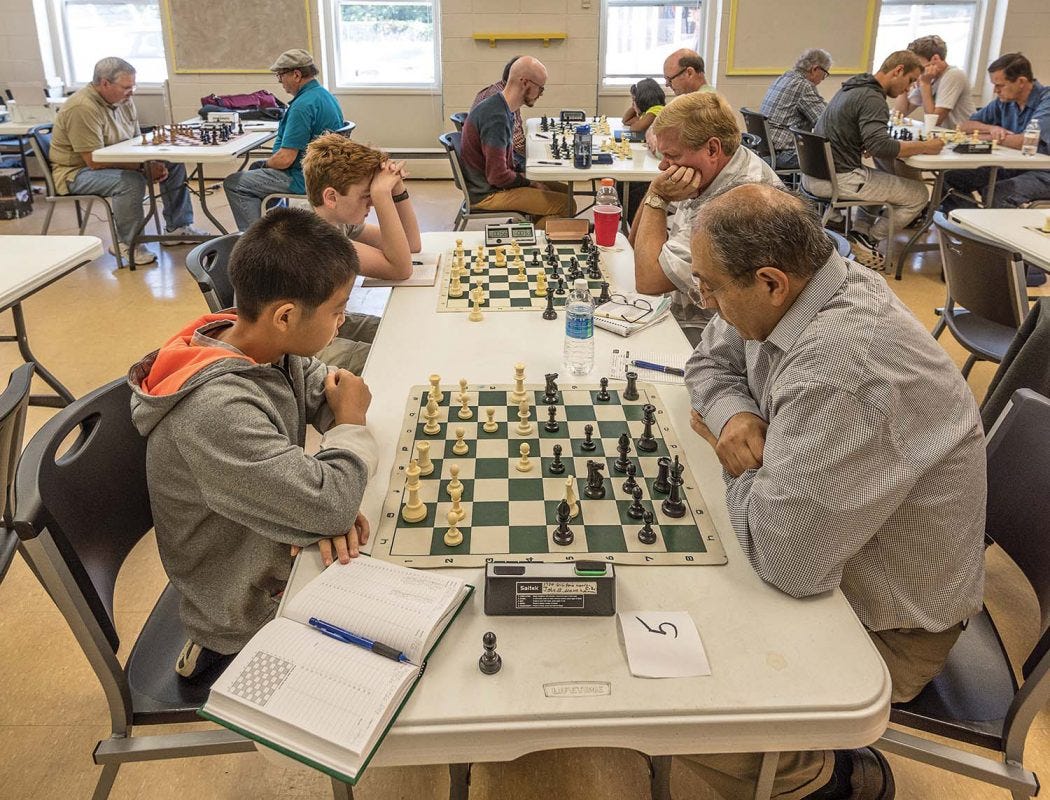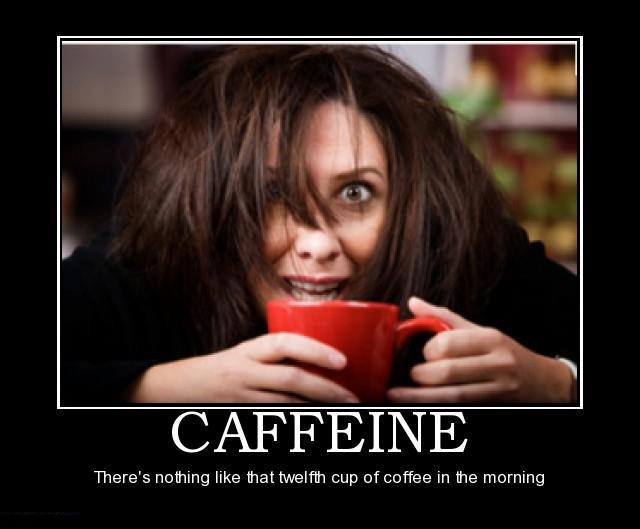Tournament preparation
Getting ready for my first OTB tournament since April 2023
Tomorrow I begin my first OTB tournament since April 2023. It’s part of my 2024 chess resolutions to play more tournaments. Ben Johnson told me it’s part of the 4 pillars for chess improvement so it must be true. I don’t feel ready but perhaps I never really will. However, I have been doing some preparation. Today is a quick note on what on my mind prior to the tournament.
Setting goals
My goal for this tournament is clear: Learning. Win or lose I’m going to learn something. So I’m playing up a section against stronger competition. I want my mistakes to be punished, my errors to be magnified. I want to learn what I can do better.
That being said, I made a strategic choice signing up for the tournament. I chose the 3 day option where there’s two 90 minute + 30 second games per day. However I chose to take a bye for the first two games. I’ll be playing four classical games over 2 days. The longest tournament I’d played before this was 1 day and two classical games. I’m trying to ease myself into the challenge as I haven’t built the stamina yet.
On the clock
I’m trusting that tactics and openings are not the problem. I’ve solved a lot of tactics over the prior few weeks and my openings are generally solid. Decision making on the other hand.
One thing I determined to do in these 4 classical games is not rush. I’m going to try to use my time fully in all the games. How much depends on the situation. The funny thing is that after writing my last post on checklists, I came across an incredibly simply way to measure how much time you have per move. If you’re playing X minutes + Y increment then you can consider X seconds to be the basic time unit for your game. In opening you play faster with X per move. Out of opening you slow down, with 2x per move unless it’s critical then use 4x-6x per move. So in the setting of a 90 minute + 30 minute game, the basic unit is 90 seconds.
Opening theory: 90 seconds (1 1/2 min)
Out of opening, non-critical: 180 seconds (3 min)
Critical positions: 360 - 720 seconds (6-12 min)
Based on my last post I’m going to use a checklist. For each move my opponent makes I’ll try to identify “What was that”. While still in known opening theory I’ll try to guess my opponent’s next move.
Out of the opening (non-critical) I’ll add another step. I still ask “What was that” for their move. Then I will use the Pieces/Pawns/Lines checklist to evaluate the position looking for at least two ideas for my move. I’ll calculate to 1 1/2 moves deep (my move, their move, my reply) and play the best move I can find after 3 minutes.
In critical positions with possible captures and checks, then I need to calculate variations deeper, until their “quiet” with no more forcing moves left. That’s going to take me longer and cost more mentally. I’ll need to focus on double checking my assumptions and trying to visualize as clearly as I can. This is where the game will be won or lost. I’ll do best with the 6-12 minutes on the clock, but at the end I’ll have to play the best move I can find and live with it.
At least that’s the plan on paper.
Human needs
I plan on going to bed at a reasonable time tonight and exercising tomorrow morning before I go. I do best when I’m rested and exercised.
From my prior tournaments, I know I’ll need water, snacks, and gum.
One more thing I’ll be taking is my new glasses. I’m 51 and now have a pair of glasses for night driving. However, when I wear them, the strangest thing happens. I feel like I need to be more thoughtful and take time to consider what I’m saying. Dear reader, if you only knew how much of a difference that is from my usual “speak freely” self you’d laugh. I’m hoping they help me slow down and think clearly about my moves.
Lastly I’ll bring coffee… lots of coffee.
Tell you next time how I do!




Wishing you good fortune Nick. Looking forward to your post tournament report
Good luck!